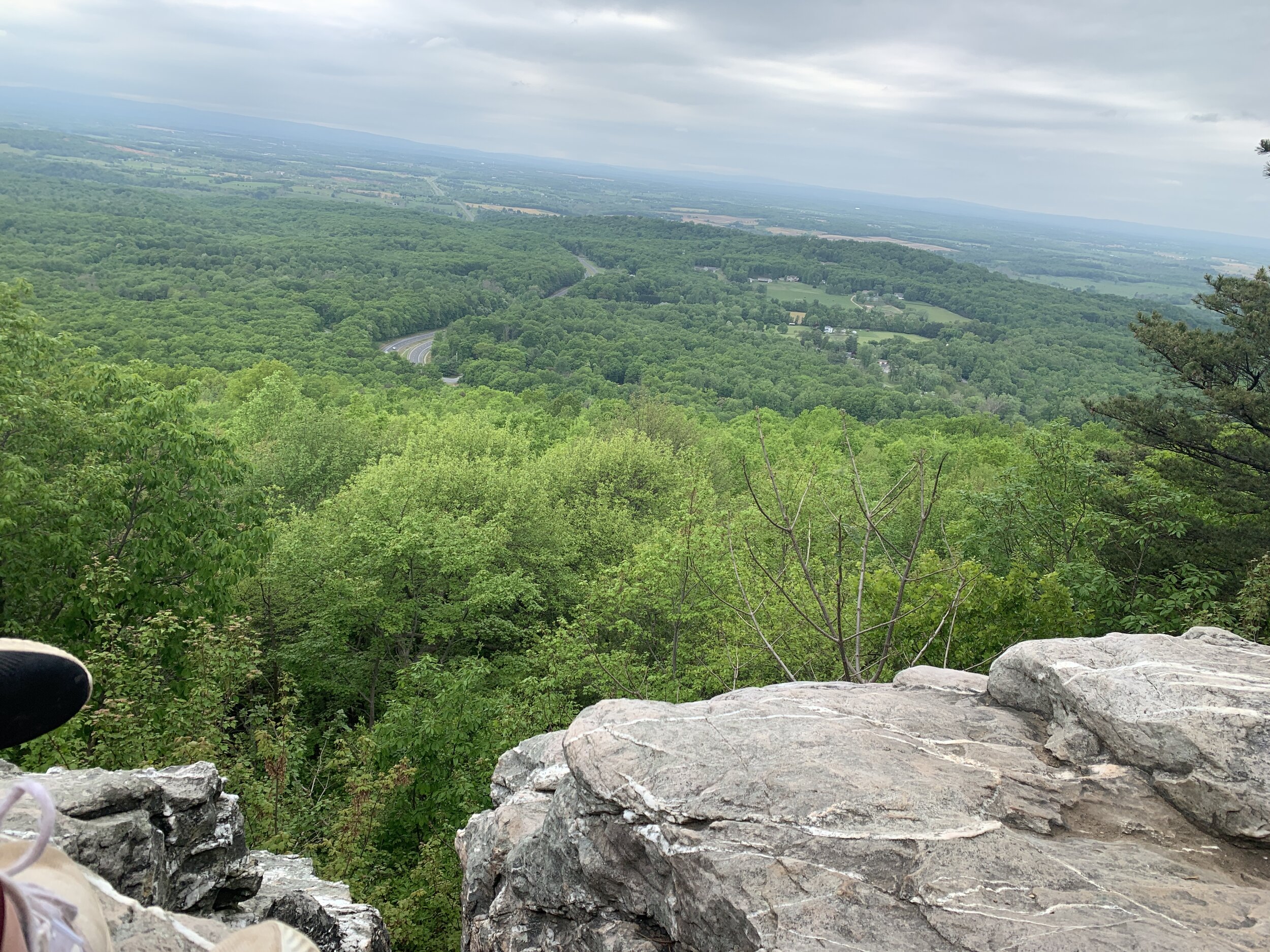Folded towels, faith in God
/The towels are folded in half horizontally and then in half vertically and stacked on the shelf every which way, instead of with the folded side lined up against the edge. I sigh. They fit so much better and they look so much better when they are folded in half horizontally, then in thirds, then in half again. So folded, they are easily tucked into the shelves, all folded edges out, and they look tidy and controlled. Glancing right and left down the narrow hallway, I wonder if I have time to refold them all before the person who folded them the "wrong" way finds me standing here. No chance of that.
I stop.
This is ridiculous. The towels are clean, dry, folded and put away. I can save the lovely linen closet lesson for another day. I can choose kindness over control, patience over being particular. I can surrender this minor annoyance and count it as good practice for surrendering bigger things.
I’ve chosen to give up this Lent. Give up what, you ask? Just give up. I’ve chosen to relinquish my illusion of control, to let God be God. Practically speaking, this looks like less frantic activity and fewer nights with not enough sleep. It looks like accepting imperfections a dozen times a day. It looks like repeating, "Be still and know that I am God" (Ps 46:10) as my mantra all day, every day. For me, it looks like making and keeping all those health maintenance appointments — doctor, dentist, optometrist — instead of putting them off in fear. God goes with me. He’s in charge. Procrastinating, manipulating, canceling and rescheduling until I find just the "right" doctor — none of those things gives me the control I think they do, and all of those things deny that God is for me and he will protect me come what may.
I’m reminded of the Israelites as they came out of Egypt. God had done so much for them. There was manna from heaven and protection from danger and the parting of the Red Sea. And still, they could not be still. They could not trust that God was good.
Striving to control is a manifestation of fear. There is a certain irony here, because the only thing we have to fear is not having enough faith. We should fear not believing in the promises of God. When you believe in God’s promises and in his providence, you can be utterly fearless in the face of anything.
I remind myself frequently that there is a way to move forward with confidence while still surrendering control. There is indeed a font of confidence available to me.
"Let us then with confidence draw near to the throne of grace, that we may receive mercy and find grace to help in time of need" (Heb 4:16).
I can be confident in his mercy. I can be confident in his grace. Unbelief — lack of surrender — is the antithesis of this confidence. The spiritual warfare at work here is the temptation to doubt God is good. More so, it is the temptation to doubt God is good for me.
So, what can I do? How can I get from panic to mercy and grace in every time of need?
I can take all the negative emotions that tempt me toward unbelief and redirect them. I can pester St. Michael and my guardian angel to help me use the energy of the fear and the doubt to push me into the safety of God. I can remain alert and aware of the danger of unbelief but beat it back with faith.
The sacraments strengthen that faith. The grace of the sacraments make living in a state of surrender possible. There is a real and present throne of grace. It’s the ciborium. About the ciborium, St. Therese wrote, "Our Lord does not come down from heaven every day to lie in a golden ciborium. He comes to find another heaven which is infinitely dearer to him — the heaven of our souls."
God wants to impart grace and mercy. He wants to come down from the throne and enter into us and infuse us with confidence. He wants us to know in a real and personal way that he is good and he is in control.









